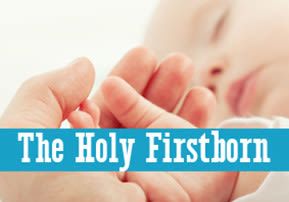
Bo: The Holy Firstborn
Jews are extreme. Whatever we do we do with a total dedication and involvement. Either we become Hashem's chosen people or the most sophisticated of lawbreakers...

What’s the relationship between holiness and a harlot? I don’t normally start off with such a question but as unrelated as these two seem to be, their interrelationship can provide us with an important understanding of one of the themes in this week’s Torah reading. Hopefully, we’ll also see how this connection relates to the Jew’s preoccupation towards excellence in many aspects of today’s society.
By the last of the ten plagues, there was a fascinating change of status for the Jewish people. After the firstborn of the Egyptians were slain, the Jewish firstborn took on a new position of importance. From that time on, Hashem commanded that the Jewish firstborn be sanctified to Him. On a basic level the idea behind this obligation is that in appreciation for the double kindness Hashem performed by punishing the Egyptians’ firstborns and by saving us from their oppression, we became eternally indebted to Him. That thanks took the 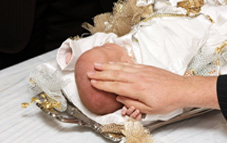 concrete form of dedicating our firstborn to Hashem’s service.
concrete form of dedicating our firstborn to Hashem’s service.
However, there are two questions that make this explanation somewhat problematic. First, we would understand that the generation that experienced the redemption should be obligated to dedicate their firstborn but why does that requirement extend to us today? Second, not only does this obligation extend to the Jewish males, it also applies to our animals. Granted that Hashem killed their firstborn animals and therefore we consecrate our animals, but why was this really necessary? Couldn’t the Exodus have taken place even without the death of the animals?
What is the significance of the firstborn? Every one of us has a dream and a vision that we would like to pass on to the next generation. On a spiritual and physical level, we invest strengths and talents towards the growth of our children, in general, and to our first born, in particular. The essence of who we are and what we want to give over is symbolized by the first born. When the first born of the Egyptians were killed, the message was loud and clear. The dedication of the Egyptian might to further the oppression and terror of Pharaoh and his regime would come to an end and in its place would be a nation dedicated to compassion and truth. Hashem encapsulated this idea by enjoining us to dedicate our firstborn children and animals to His service, to use the first and best of our abilities to become His ambassadors in this world. As opposed to the self-worship of Pharaoh, the Jewish people are called upon for all generations to direct themselves in this service. Therefore, it wasn’t enough just to dedicate our children, we needed to dedicate our livestock as well. And it wasn’t sufficient for just that generation but was essential for all time.
The Hebrew word for holiness is kedusha (the root being the Hebrew letters- kuf-dalet-shin). Strangely, the Hebrew word for a harlot is Kadeisha (with the same three letter root). What is the connection? Each one of us is given a range of talents and we are called upon to use and elevate them. There are two polar extremes of the total dedication of these gifts, one on the side of purity and spirituality and the other reflecting impurity and physicality. The total preoccupation and absorption with things Divine produces holiness, while the opposite focus creates harlotry. The two concepts are both completely different, yet very similar. Obviously for most of us life is not black and white but the idea is still very relevant. We can use our talents to become the “Holy Nation” we are supposed to be or we can lose focus and invest our energies into our lowest physical drives.
In general, Jews are extreme. Whatever we do we do with a total dedication and involvement. When we are focused on our own potential holiness we become Hashem’s firstborn. If we see Jews immersed in society, the media, the financial institutions, etc. we should see this as an expression of our natural inclination to dedicate ourselves to a higher cause. However, it’s important to remember that this involvement in society, as noble as it often is, doesn’t fully reflect the usage of our talents to strive to holiness.
May Hashem help us dedicate ourselves to His service, to use all of the incredible gifts that He has bestowed upon us to be conduits of all that is holy and noble in this world.
* * *
Rabbi Dovid Charlop is on the teaching staff of the Neve Tzion Yeshiva in Telzstone, Israel.


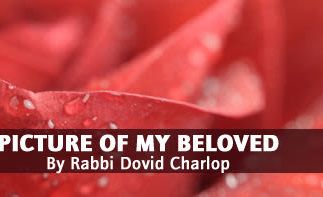





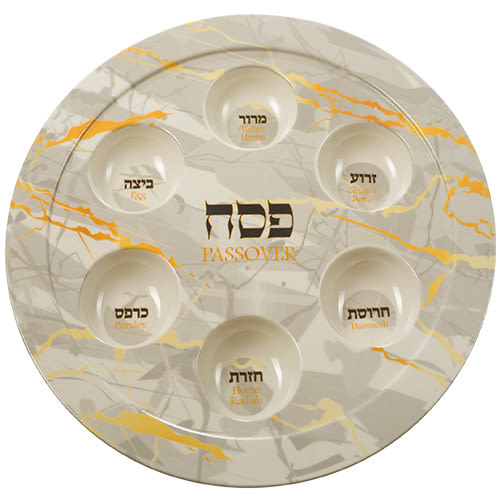
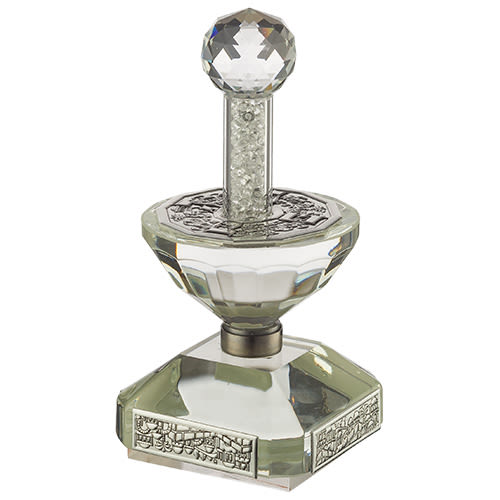

Tell us what you think!
Thank you for your comment!
It will be published after approval by the Editor.